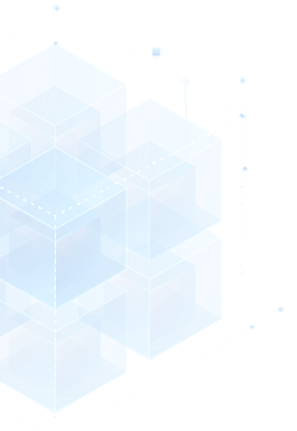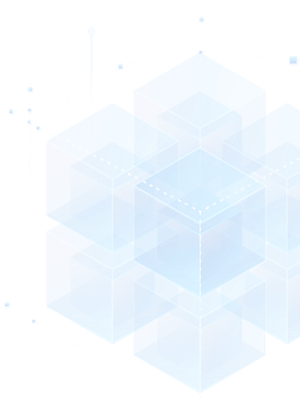Most popular audits
| NAME | PLATFORM | PROJECT TYPE | LAST AUDIT | |
|---|---|---|---|---|
|
|
|
|
May 28, 2024 | |
|
|
|
|
Aug 9, 2023 | |
|
|
|
|
Jun 22, 2023 | |
|
|
|
|
Nov 10, 2023 |



Smart Contract Audit
Mitigate weaknesses in your smart contract and improve its functionality with double line-to-line code analysis and a separate review by a lead auditor.
Privacy and Security
Cost and Complexity
Immutable Data
Regulatory Compliance
Interoperability
Energy Consumption
Blockchain Protocol Audit
Secure the entire architecture and implementation layers of your blockchain protocol with professional security audits and testing.
-
Blockchain Protocol Support
Our supports different blockchain protocols, such as Ethereum
-
Analytics and Monitoring
Comprehensive analytics and monitoring tools are included
-
Security Measures
Robust security features and cryptographic protocols
-
Governance Mechanisms
Some platforms provide built-in governance features





dApp Audit
Identify vulnerabilities in applications interacting with blockchain networks with secure code review and static security analysis.
Frequently Asked Questions
Have questions? We have answers!
-
What is Blockchain?Blockchain uses consensus mechanisms, such as Proof of Work (PoW) or Proof of Stake (PoS), to validate and agree on the state of the
network. These mechanisms require participants (nodes or validators) to solve complex mathematical puzzles or stake cryptocurrency to
participate in the consensus process. -
How is Blockchain Secure?Blockchain uses consensus mechanisms, such as Proof of Work (PoW) or Proof of Stake (PoS), to validate and agree on the state of the
network. These mechanisms require participants (nodes or validators) to solve complex mathematical puzzles or stake cryptocurrency to
participate in the consensus process. -
What is the Difference Between Public and Private Blockchains?Blockchain uses consensus mechanisms, such as Proof of Work (PoW) or Proof of Stake (PoS), to validate and agree on the state of the
network. These mechanisms require participants (nodes or validators) to solve complex mathematical puzzles or stake cryptocurrency to
participate in the consensus process. -
How Can I Get Started with Blockchain?Blockchain uses consensus mechanisms, such as Proof of Work (PoW) or Proof of Stake (PoS), to validate and agree on the state of the
network. These mechanisms require participants (nodes or validators) to solve complex mathematical puzzles or stake cryptocurrency to
participate in the consensus process. -
What Are Some Real-World Use Cases of Blockchain?Blockchain uses consensus mechanisms, such as Proof of Work (PoW) or Proof of Stake (PoS), to validate and agree on the state of the
network. These mechanisms require participants (nodes or validators) to solve complex mathematical puzzles or stake cryptocurrency to
participate in the consensus process.
trusted by 10,0000+ teams










